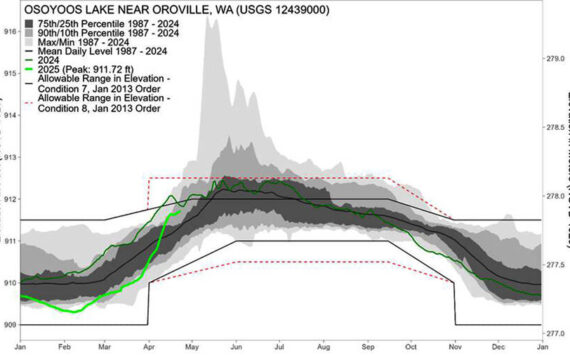Where is the Outrage?
Many legislators in Congress still do not getit! The largest contributing factor in the outrageous cost of prescriptiondrugs is advertising and promotion, estimated to be about 37% of the price wepay for those drugs. More money is spent on lobbying, advertising and promotionby the pharmaceutical industry than is spent on research and development.
The incredible waste of valuable prescriptiondrug resources is appalling. Here’s but one example of such waste:  There are hundreds of thousands ofpharmaceutical company ads that appear in many thousands of magazines andnewspapers each year. Most of the major pharmaceutical company ads in magazinesusually contain a couple of pages of ‘stats’ describing the product and itscontraindications. These pages are often set in type so small that theycannot be easily read. And if one were to take the time to read it, thetechnical language is incomprehensible to most readers. Since only aphysician may prescribe prescription drugs, such advertising properly belongsonly in medical and professional journals.
Billions of dollars are spent each year on television andprint media ads. These enormous costs are reflected in the price of theproduct. Direct to Consumer (DTC) advertising of prescription drugs should bebanned. The United States and New Zealand are the only countries that permitDTC advertising of prescription drugs – and prescription drugs in New Zealandare heavily subsidized by the government (and, as an indirect result of DTCadvertising, so are pharmaceutical companies). Drug prices in most othercountries are about half those in the United States. 
But the most damnable outrage is the Medicare Modernizationand Improvement Act prescription drug language, which prohibits ourgovernment from negotiating prescription drug prices! You can bet that itwas the drug companies that wrote that provision into the bill. RepresentativeBilly Tauzin, former Republican chairman of the House Commerce Committee, wasone of the major architects of that Act. That provision alone has costtaxpayers untold billions of dollars. Shortly after passage of the bill, Rep.Tauzin resigned from the House of Representatives and took a position asPresident of the Pharmaceutical Research and ManufacturersAssociation - at a salary of $2,000,000 a year (plus perks). 
The pharmaceutical industry does not need anymore protection – it needs less! It is the drug consumer who needs protectionfrom drug companies. It’s time to rein in the pharmaceutical industry drugcartel and their congressional co-conspirators.
Paul G. Jaehnert
Vadnais Heights, Minnesota





